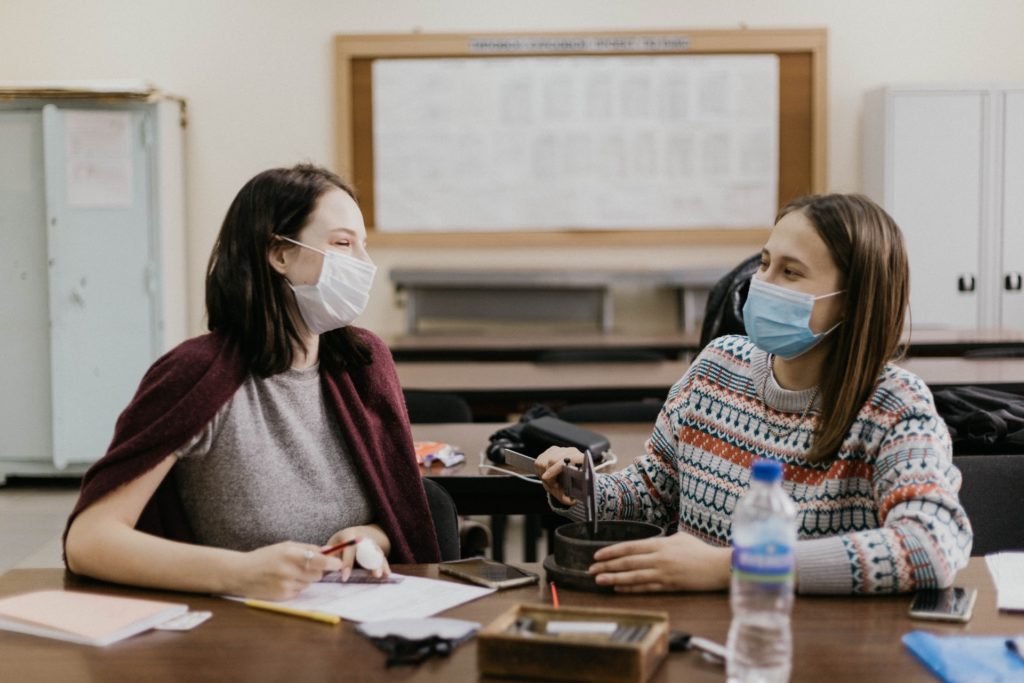How Online School Has Affected Education
Due to the COVID-19 pandemic, school via “Zoom University” has become the norm, especially for higher level education. While in 2021, this medium of information and learning is nothing new, the effects of online education are yet to be truly understood.
The Workforce Changes
In the 21st century, the workforce and its personnel have been drastically altered. With the rise of technology and the internet, education and expectations for student learning have skyrocketed to new levels. Being adept in computers, multiple software's, social media, and general data analysis are former achievements that are now become base-level requirements (Forbes). Especially at higher education levels, such as colleges and universities, students are continually pushed to “do more.”
But this is no surprise, because as society advances, so must the workforce. And while there could be much debate about the expectations and goals pushed upon the younger generations, it is important to note the impact of COVID-19 and how it will forever change the education system. While many people have had to experience the hardships of transitioning to online forms of communication, the focus here is to open the dialogue on how the young and up-coming workforce has been affected.

Workforce expectations from college graduates
College students today are continually pushed to join organizations, get involved in their universities’ communities, study hard, and maintain a healthy work-life balance. And yet, in the younger generation’s most formative and social years, they were served a pandemic with a side of social and political unrest. The years that were supposed to be “the best four years of their lives” were stripped away with little warning. And yes, everyone has been and will continue to be affected by the pandemic. But there is something about finishing your undergrad at 2:30 p.m. on a Tuesday afternoon in your childhood bedroom that few other generations will feel.
Furthermore, higher levels of education have become the norm for the workforce – a change presenting both pros and cons. While it is great that more people have college degrees, many colleges are becoming 'degree mills' to accommodate the need for academic recognition and the continual influx of students. And as universities become more advanced due to the rise of innovative technology, the question of whether traditional teaching practices are still effective begs to be asked. Furthermore, the price of education is higher than ever, and only going up. Yet as degrees become more commonplace, recent graduates are finding that attending university is no longer an impressive point on a resume.
Finding a job in the middle of a global pandemic
The strain on all people was felt as it continues to change the way the world functions. Yet, in a time where students are pressured to join multiple organizations and clubs, network in class with peers and professors, and involve themselves in their universities, they were secluded to their rooms with little to no interaction for months. Spending nearly 50% of your higher level education away from the actual experience of a university is extremely difficult, yet students are expected to set themselves apart from the crowd.

Educational Burnout
Students have voiced these concerns to each other and their universities, wondering whether their education was worth it’s price. Unfortunately, every current college student and recent graduate can acclaim to the fact that their education dropped in value (The New York Times). For some the impact may have been small, but others feel as if they basically spent thousands of dollars to teach themselves multiple semesters worth of coursework. Moreover, the sad truth remains that many professors did not adapt well to the pandemic, though they are not fully to blame. It is worth pondering whether university administrations offered enough resources, help, and guidance to their students and professors in the time of turmoil. While some colleges gave financial compensation, many students feel as if they paid the same price to teach themselves due to the effects of transitioning online. Not to mention, with professors taking on new roles and styles of teaching, pinnacle segments and assignments were completely dropped. And yes, higher levels of education are supposed to be difficult, but more importantly, students are supposed to learn.
The Obstacles in Education During a Pandemic
Online school presented many obstacles, as the lack of a physical classroom experience, such as feeling the physical impact of peers or a professor present, caused the educational burnout to accelerate. One Penn State student explained that “Zoom doesn’t offer the excitement and spontaneity that in-person [classes] can.” Another student explained that while there should be pride in a university education, the lack of social engagement and physical presence has caused work to be “just not as rewarding.” And in a world where social competition thrives, it is difficult to find motivation and connection when face-to-face learning is nearly obsolete.
Conclusion
Therefore, as we emerge from the mess of a year that was 2020, it is vital to remember that while expectations for recent graduates are higher than ever, so is their burnout. Creating open workplace environments that acknowledge the hardship of earning two years of undergrad from a computer screen is essential as everyone recovers from the effects of the pandemic.
